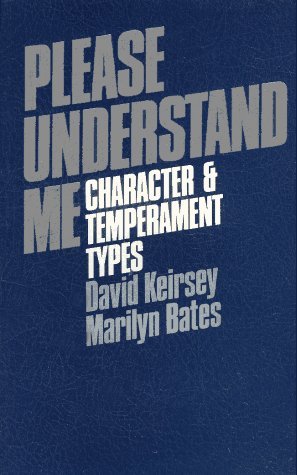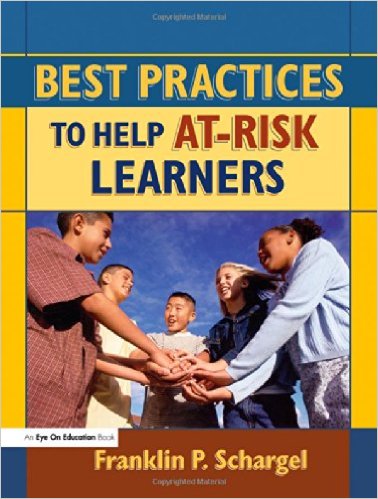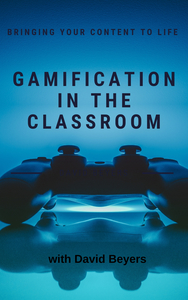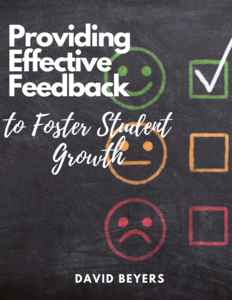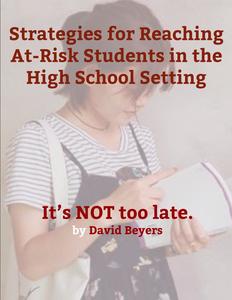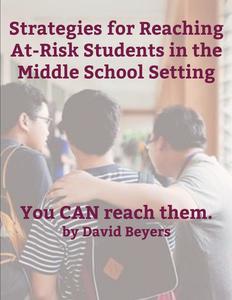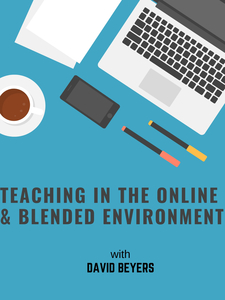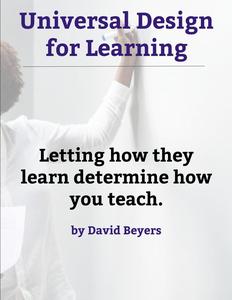“I learned a great deal in this class and appreciate it’s affordability.”
- 3 Credits -
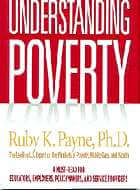
3 Semester Credits
(post-baccalaureate
PD credits for re-certification and
pay-lane increases)
- accredited nationwide
- start any time
- up to 5 months to complete
- independent study
- all course materials included with course tuition
- view FAQ
Course Description
This course will study the patterns and behaviors of people in the culture of poverty. Social class rules and characteristics of generational poverty are explored. Teachers will examine the latest research as it applies to students in the classroom as well as parents. Educators will learn about improving instruction and academic achievement among students. Educators will research this issue for alternative or additional views to addressing the issue of poverty. Teachers may develop lessons or activities for classroom applications that help all students to be successful in school.
Teacher feedback about this course



$425
3 Semester Graduate Credits
Item categoryclassroom-instructionpage2 not found.Item ma-categoryclassroom-instructionpage2 not found.Item categoryclassroom-instructionpage22 not found.Item ma-categoryclassroom-instructionpage22 not found.
A Framework For
Understanding Poverty
- 3 Graduate Credits -



Course Objectives
- Educators will acquire a framework of the culture of poverty and the role of language.
- Participants will learn about the hidden roles among social classes and how those roles influence how students work, behave and perceive the school experience.
- Educators will learn about the characteristics of generational poverty and how the patters of behavior, problems and world views are passed to future generations.
- Participants will explore the resources, role models, discipline and support systems.
- Educators will research the culture of poverty issue regarding alternative theories and conclusions presented in the book, as well as present a variety of solutions.
- Teachers will develop a lesson or unit plan that utilizes strategies or activities in the book and how to use instructional techniques to improve student achievement.
Credit Hours
3 Semester Credits (post-baccalaureate professional development credit)
Course Instructor
Joseph C’de Baca MaEd.
Grade Type
University Transcript: Click Here For Details
A Framework For Understanding Poverty
What Others Are Saying About This Course
Karen S. – IN –
Catherine H. – MI –
“got it, thanks for the quick response. And I really like hearing that it’s all about me! Cathy (the Poverty one, not the Dropout one) :)”
Dolores H. – MI –
” My name is Dolores Harley. I registered for the online course “Understanding Poverty” in September of 2010. I dove in and read the entire book and started applying the ideas and concepts right away. The book was fascinating and I couldn’t put it down. Due to an extremely heavy work load during the school year I was not able to dedicate the time I wanted to complete the course work. I am beginning that work now. It is my hope that you will accept my work between now and sometime in September, 2011. I am enjoying the work
Marshelle G. – ND –
” Thank you so much for getting this done in such a timely manner! I will be able to have it post marked by the 15th and this saved me paying double to have my SW license renewed! I really appreciate your time! I am glad that my assignments were up to your standards for an “A” grade! I learned so much from this book! Thank you again!”
TLC Testimonials


